UN Security Council approves Haiti multinational force

The United Nations Security Council approved on Monday deploying a multinational force to Haiti, where authorities have been struggling for nearly a year to control criminal gangs.
The force was described as a Multinational Security Support mission "to take all necessary measures."
The resolution authorizes the force to deploy for one year, with a review after nine months.
"More than just a simple vote, this is in fact an expression of solidarity with a population in distress," said Jean Victor Geneus, Haiti's foreign affairs minister.
"It's a glimmer of hope for the people who have been suffering for too long," he added.
The deployment was approved by 13 votes, with permanent members Russia and China both abstaining.
The council also approved widening a UN arms embargo to include all gangs, rather than just some individuals, following a push from Beijing.
What do we know about the mission?
The taskforce is expected to be led by Kenya, which pledged last summer to send 1,000 troops. Neighboring Caribbean countries Jamaica, the Bahamas and Antigua and Barbuda also expressed readiness to contribute forces.
The United States meanwhile promised logistics and $100 million (approximately €95.43 million) in support.
Haiti's foreign minister described the vote as a "glimmer of hope" and an "expression of solidarity with people in distress."
"It is a glimmer of hope for people who have been suffering the consequences of a difficult political, socio-economic, security and humanitarian situation for too long," Jean Victor Geneus told the Security Council.
Why is it controversial?
The decision to deploy the multinational force comes nearly a year after Haitian Prime Minister Ariel Henry requested the immediate deployment of a foreign armed force to help control the gangs, alongside 18 top government officials.
Henry, who leads an unelected administration has also cited the violence and instability as a reason for a delayed election. The country has been left without any elected representatives since January.
However, many are still wary of international intervention. A previous UN mission which started in 2004 was marred by a sex abuse scandal and a cholera outbreak which killed over 9,000. It ended in 2017.
The introduction of cholera to the country was blamed on UN peacekeepers dumping infected sewage into a river.
Meanwhile, Kenya's police, which is expected to make up much of the new mission, has long been accused of torture, deadly force and other abuses.
Monday's resolution asked countries contributing to the mission "to adopt appropriate wastewater management and other environmental controls to guard against the introduction and spread of water-borne diseases."
Comments
Italy is overtaking Germany as Europe's economic powerhouse
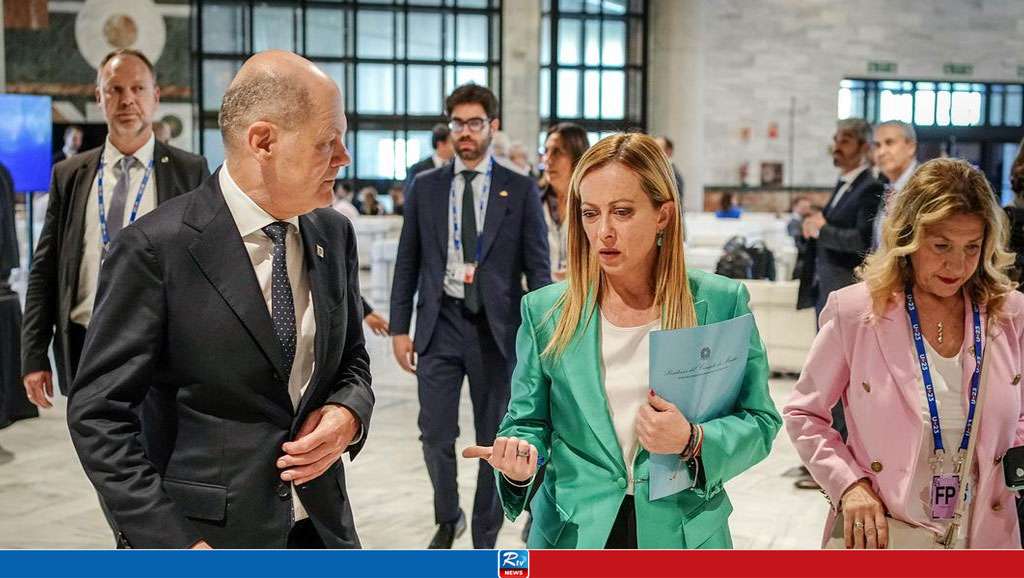
Lawmakers urge Biden to call out more Chinese biotech firms
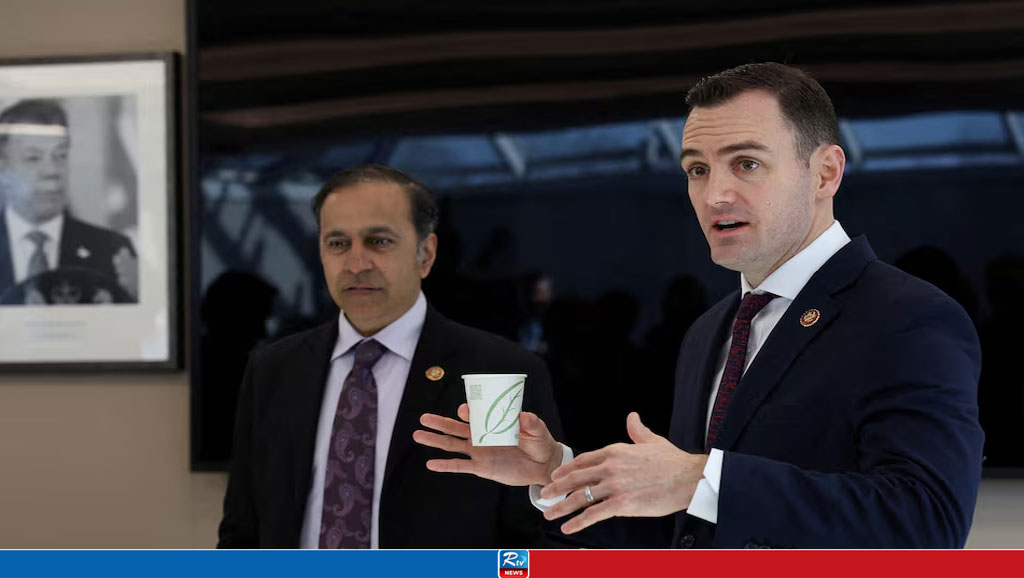
Gaza death toll crosses 33,000
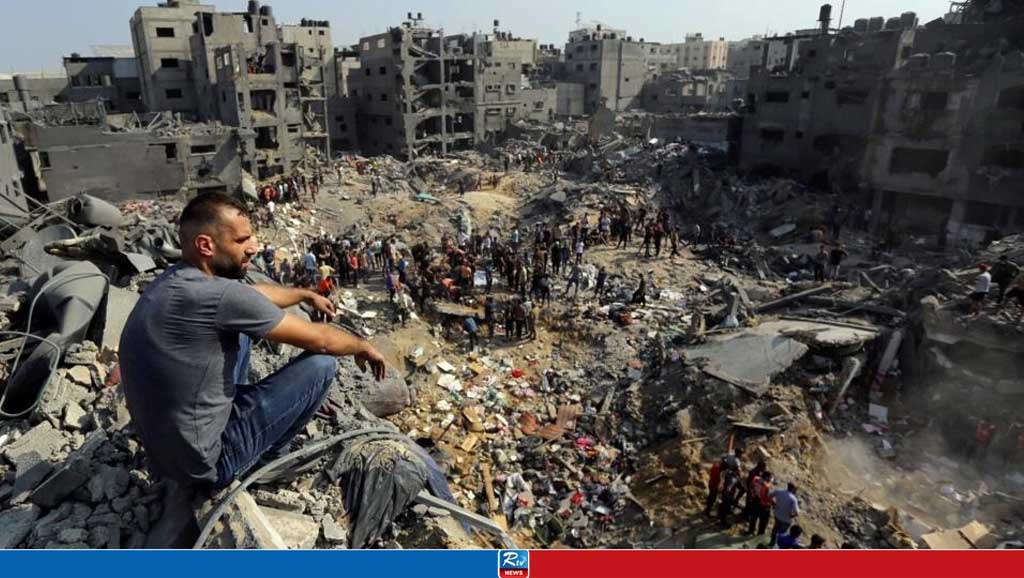
US court orders exiled Chinese billionaire Guo Wengui to face fraud indictment
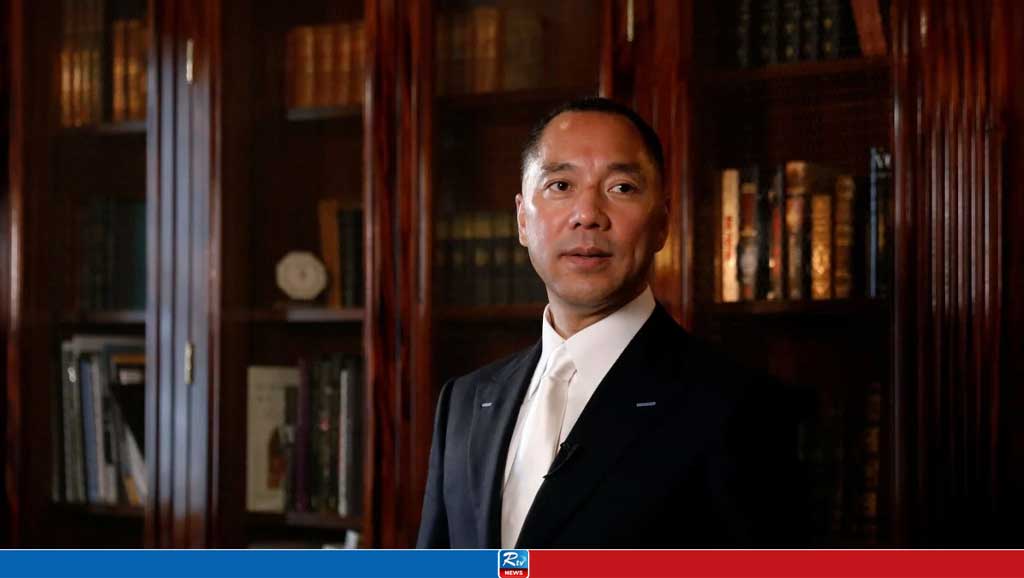
Hong Kong's lost freedom shows Xi Jinping's priorities: Analysis
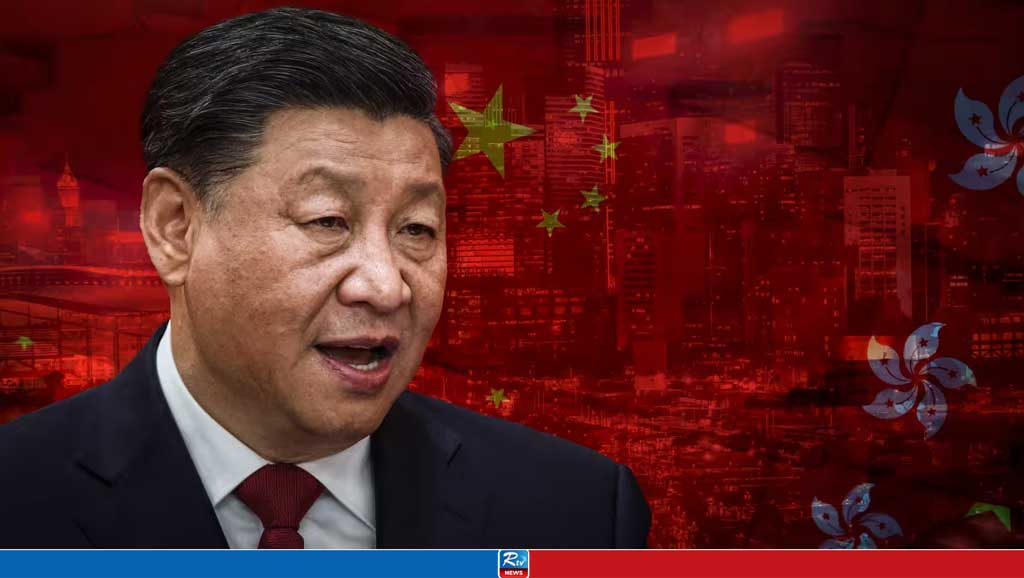
All people of faith should stand against China’s Uyghur genocide
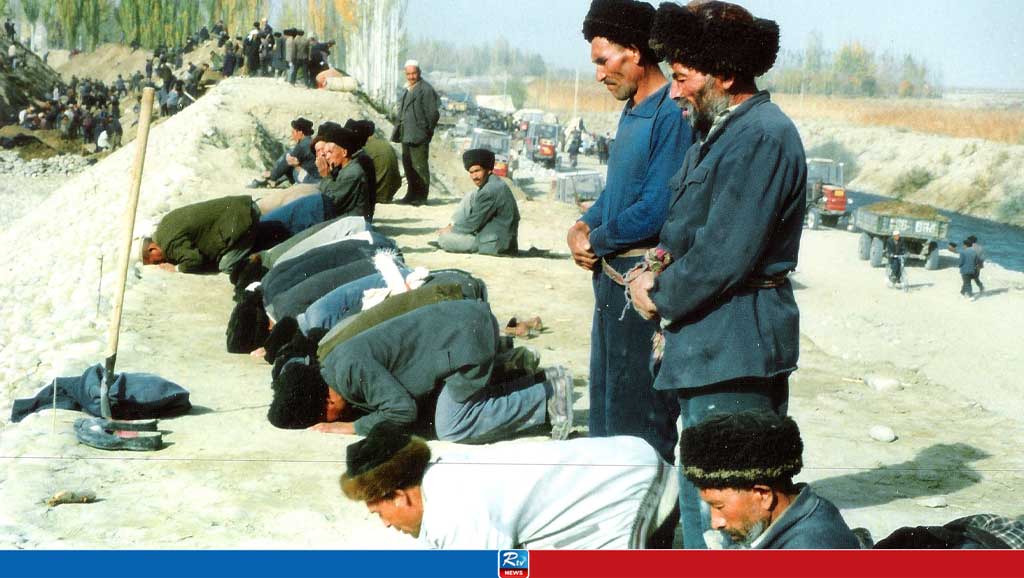
Climate activist Greta Thunberg arrested in the Netherlands
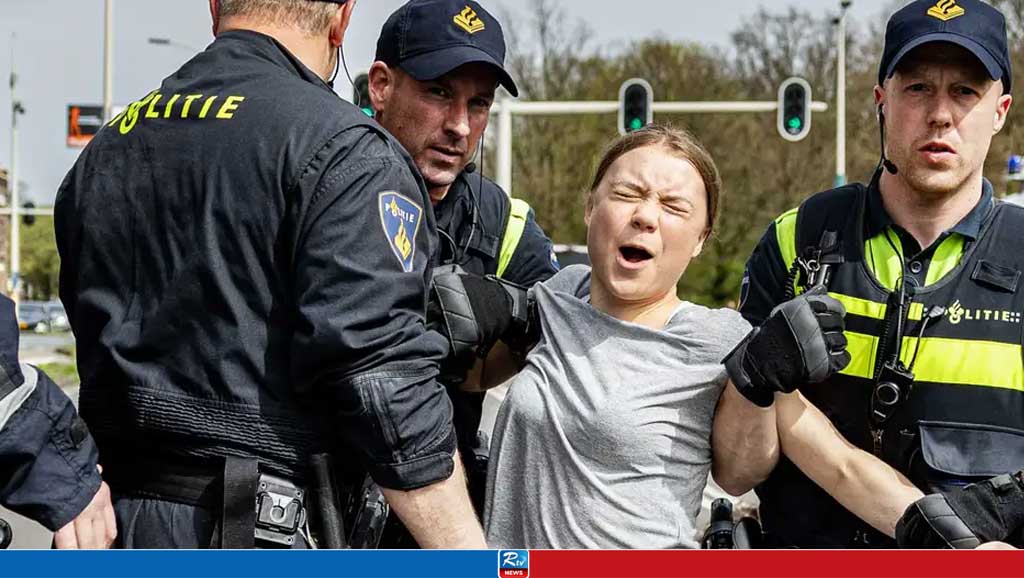

 Live Tv
Live Tv
